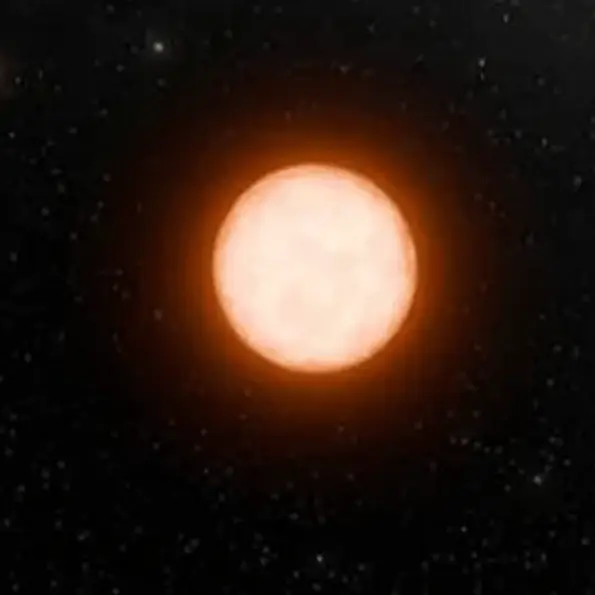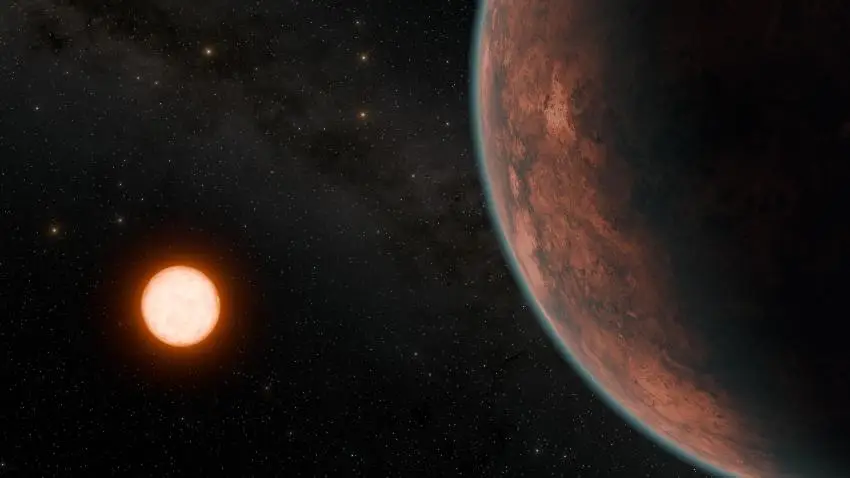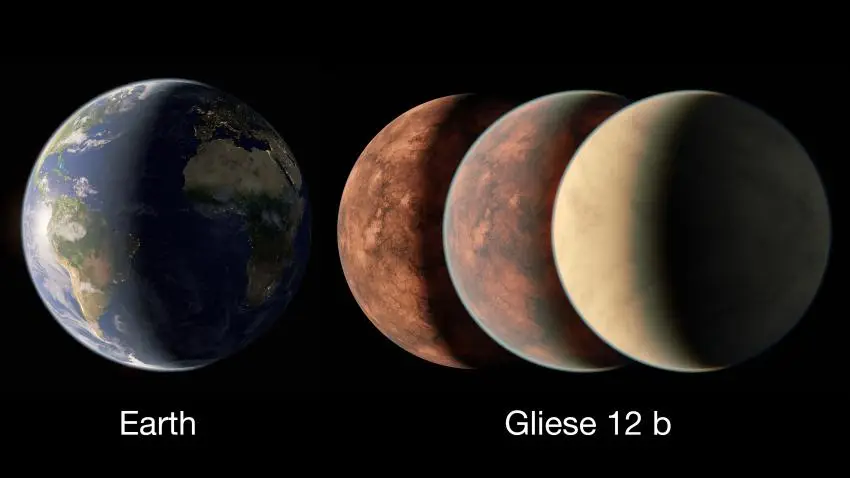
If you've had enough of everything that's going on down here on Earth, you might be looking to relocate.
You're wouldn't be alone in that - Elon Musk has been pretty vocal about his desire to get people to Mars, but the Red Planet has a notoriously unfriendly atmosphere for human life.
That's why this new development is so interesting, as astronomers have discovered a potentially habitable planet.

Advert
Named Gliese 12 b (not the catchiest, but we can work on that), it's an Earth-like planet with the potential to support human life.
It orbits its host star every 12.8 days, and is comparable in size to Venus - meaning it's slightly smaller than Earth.
It's got an estimated surface temperature of 42C, which is pretty good as it's lower than most of the 5,000-odd exoplanets confirmed so far (FYI, exoplanets are planets outside of the solar system).
So far, so good - but don't start packing your bags just yet, as there are a few catches.
The biggest is that Gliese 12 b is 40 light-years away from Earth, meaning you can't exactly hop on a plane to get there.
The other pretty big problem is astronomers are unsure what the planet's atmosphere looks like - if it has one at all. This is crucial to know because it would tell us if it can maintain temperatures suitable for liquid water - and possibly life - to happily exist on the surface.
Sure, those seem like rather huge issues to overcome, but the discovery is still a massively exciting one.
Masayuki Kuzuhara, a project assistant professor at the Astrobiology Centre in Tokyo, who co-led one research team with Akihiko Fukui, said: “We’ve found the nearest, transiting, temperate, Earth-size world located to date.

“Although we don’t yet know whether it possesses an atmosphere, we’ve been thinking of it as an exo-Venus, with similar size and energy received from its star as our planetary neighbour in the solar system.”
The University of Warwick’s Professor Thomas Wilson, a physicist, was involved in the discovery, and said: “This is a really exciting discovery and will help our research into planets similar to Earth.
“Sadly, this planet is a little far away for us to experience it more closely. The light we are seeing now is from 40 years ago – that’s how long it has taken to reach us here on Earth.
“Planets like Gliese 12 b are few and far between, so for us to be able to examine one this closely and learn about its atmosphere and temperature is very rare."
The teams used observations by NASA's TESS (Transiting Exoplanet Survey Satellite) to help make the discovery.
It could now be set to be studied closer by the James Webb Space Telescope.